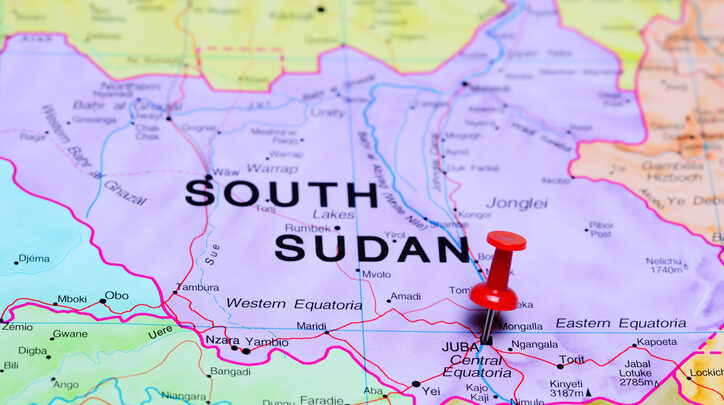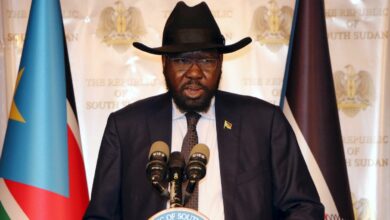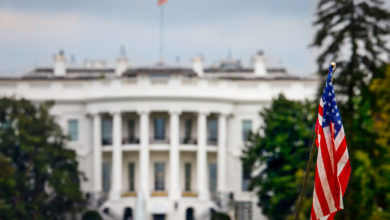South Sudan
South Sudan: Activist Group Drags Ruling Party To Court For Locking Out Women From Top Posts

South Sudan’s ruling party, the Sudan People’s Liberation Movement (SPLM), has been dragged to the Supreme Court by a group of activists for what they call a “violation” of women’s constitutional rights, reported The BBC.
The activists accuse the SPLM party of not abiding by the constitution and provisions of the September 2018 Revitalised Peace Agreement which grant a 35% gender quota for women at all levels of government.
The activists presented the petition to John Gatwich Lul, the deputy Chief Justice, who promised to submit it to Chief Justice, Chan Reec Madut, for consideration.
In June, President Salva Kiir appointed nine governors to the country’s ten regional states. Only one was a woman, Sarah Cleto Rial, who was nominated by the party of the first Vice-President Riek Machar. The ruling party did not appoint any woman in its six gubernatorial slots.
“We are urging the Supreme Court to order the SPLM and compel them to remove two male governors and replace them with two females,” Wani Michael, the petitioner, said during an interview with the BBC in the capital, Juba, on Thursday.
Mr. Wani said they will move to the East African Court of Justice in Arusha, Tanzania, if the court fails to respond to their plea. South Sudan is a member of the East African Community bloc, but it is yet to be admitted fully.
In related news, earlier this week, a new United Nations report said South Sudan has made no concrete steps toward national healing more than two years after the end of a civil war that killed nearly 400,000 people.
The report published by the Human Rights Commission and presented to the U.N. Human Rights Council, said some government forces are now fueling new fighting by arming community militias with assault rifles, machine guns, and rocket-propelled grenades to attack neighboring communities.





